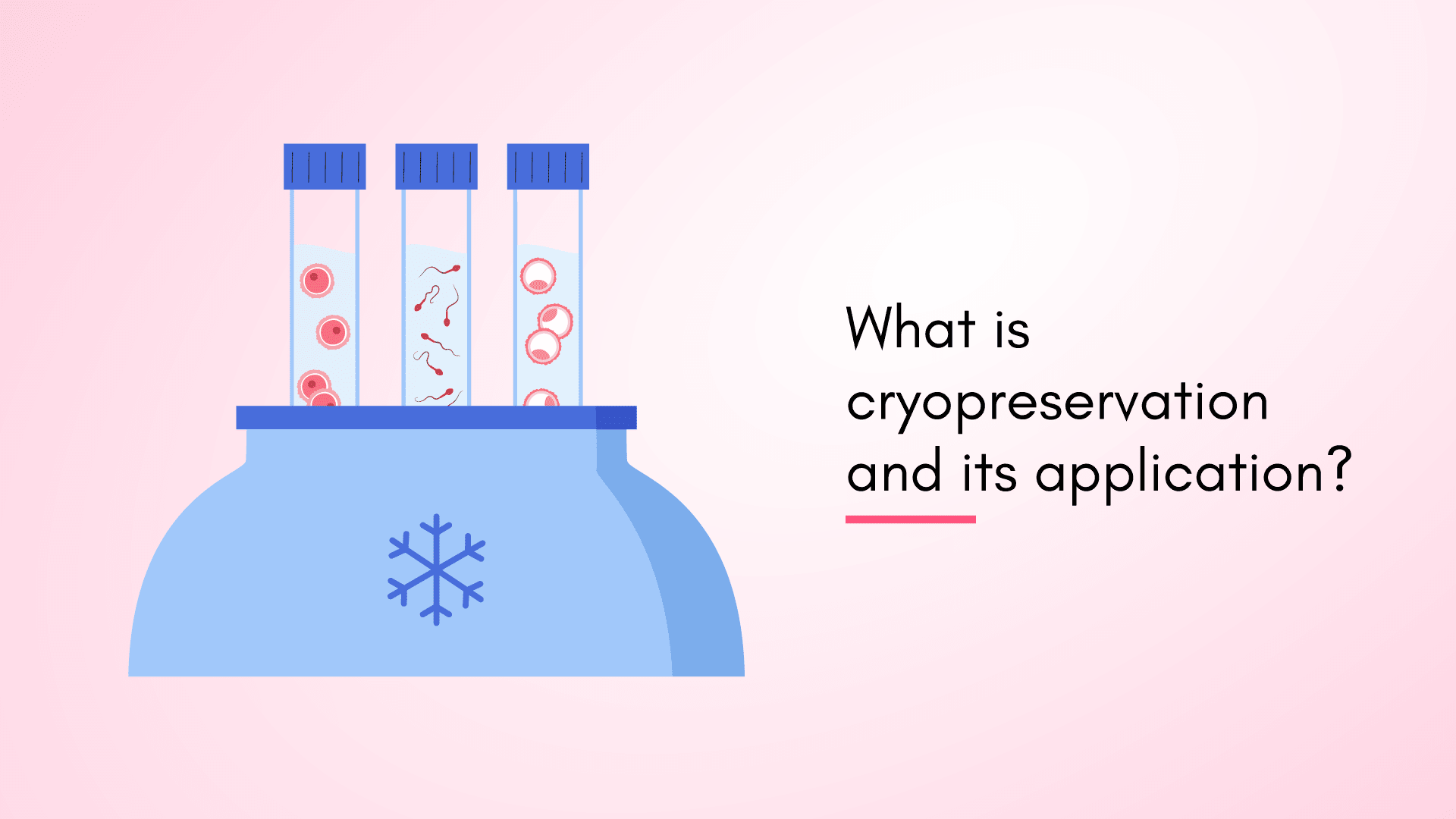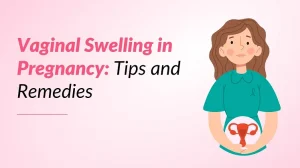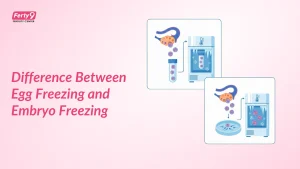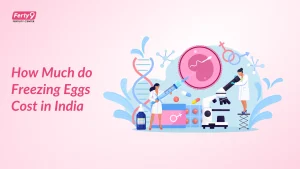What is Cryopreservation?
Cryopreservation is a technique used in in vitro fertilization (IVF) to freeze and store eggs, embryos, or sperm at extremely low temperatures. This allows for the preservation of these biological materials for future use, enhancing the flexibility and success of fertility treatments.
What Is Cryopreservation in IVF?
Cryopreservation involves cooling biological materials to very low temperatures to stop all biological processes. This process preserves the materials in a state that can be used later, ensuring their viability and functionality when thawed.
How It Works:
- Preparation: Before freezing, the biological material (e.g., eggs, embryos, or sperm) is treated with a special solution called a cryoprotectant. This solution prevents the formation of ice crystals, which could damage the cells during freezing and thawing.
- Freezing: The material is then cooled slowly or rapidly (depending on the method) to very low temperatures, usually in liquid nitrogen, which is around -196°C (-321°F).
- Storage: Once frozen, the material is stored in liquid nitrogen tanks, where it can remain viable for years.
- Thawing: When needed, the material is carefully warmed up, and the cryoprotectants are removed before use.
Also read: Key Differences between Cryopreservation and Freezing
Applications of Cryopreservation in IVF
1. Embryo Cryopreservation:
- Process: After fertilizing the eggs during an IVF cycle, embryos are cultured and assessed for quality. Embryos that are not used immediately for implantation can be frozen for future use.
- Benefits: This allows for multiple embryo transfers from a single IVF cycle and provides a backup option if the fresh embryo transfer does not result in pregnancy.
2. Egg (oocyte) Cryopreservation:
- Process: Eggs are retrieved from the ovaries, and those not used immediately are frozen.
- Benefits: This is particularly useful for women who need to delay pregnancy due to medical treatments, personal reasons, or those who produce extra eggs during an IVF cycle.
3. Sperm Cryopreservation:
- Process: Sperm samples are collected and frozen before or during an IVF cycle.
- Benefits: This is beneficial for men undergoing medical treatments that could impact fertility, or for couples where sperm needs to be stored in advance for IVF procedures.
Why Cryopreservation Is Important for IVF Patients :
1. Increased Flexibility:
- Future Transfers: You can use frozen embryos or eggs in future IVF cycles without undergoing another ovarian stimulation process.
- Family Planning: It provides the option to delay pregnancy or have multiple attempts at conception using previously frozen material.
- Delaying pregnancy: The majority of women who choose to freeze their eggs choose to wait until they are in their 30s or early 40s to become parents.
- Men and Women in need of chemotherapy or radiation: Male and female fertility will be negatively impacted by cancer therapies. Radiation and anti-cancer medications damage the DNA of sperm and egg cells, significantly lowering their viability.
- Genetic Testing Prior to Implantation: Before embryos are frozen, women who are concerned about their baby inheriting certain genetic conditions can have them tested. Then, embryos free of genetic abnormalities can be selected and utilized for uterine implantation.
2. Enhanced Success Rates:
- Backup: Having embryos or eggs on hand can increase the overall chances of achieving pregnancy by allowing for more attempts if initial transfers are unsuccessful.
- Avoiding OHSS: By using frozen embryos, the risk of ovarian hyperstimulation syndrome (OHSS) is reduced, which can be a concern with fresh IVF cycles.
3. Convenience and Efficiency:
- Streamlined Process: It can simplify the IVF process by allowing for fewer fresh cycles and providing the option to have embryos ready when you’re prepared for transfer.
Ferty9’s Approach to Cryopreservation
At Ferty9 Fertility Centre, we extend the benefits of cryopreservation across various fronts. For couples on a fertility journey, we offer IVF Egg Freezing, Semen Freezing, and Embryo Freezing, including the advanced technique of Blastocyst Freezing. This approach ensures that the prospects of conception remain alive, offering renewed hope to those in need. Ferty9 takes pride in being a pioneer in this arena, ensuring that the magic of life can be unlocked whenever the time is right.
Conclusion
Couples who are undergoing chemotherapy and have infertility problems benefit greatly from cryopreservation. Your eggs, sperm, embryos, and reproductive tissues are all saved and safeguarded through cryopreservation. This makes having a kid conceivable for you in the future. Cryopreservation offers a new prospect for happy parenthood for couples.





























